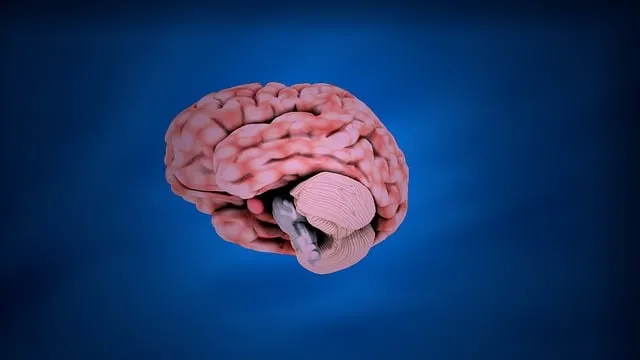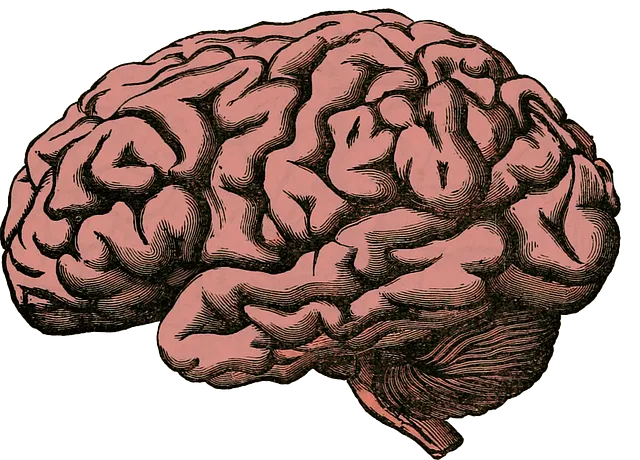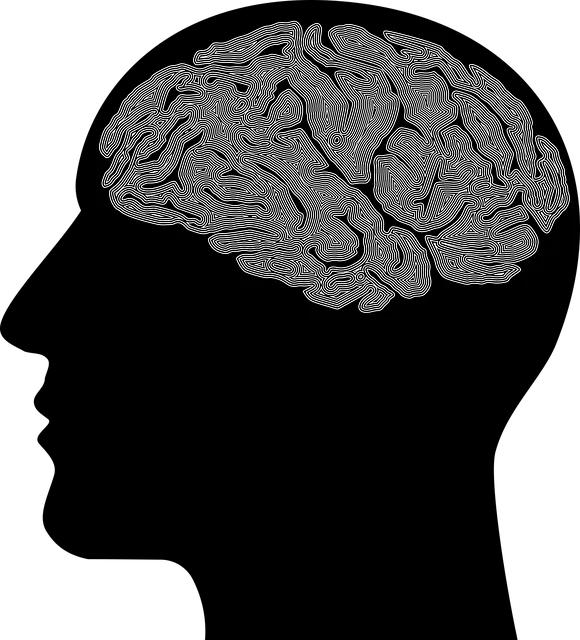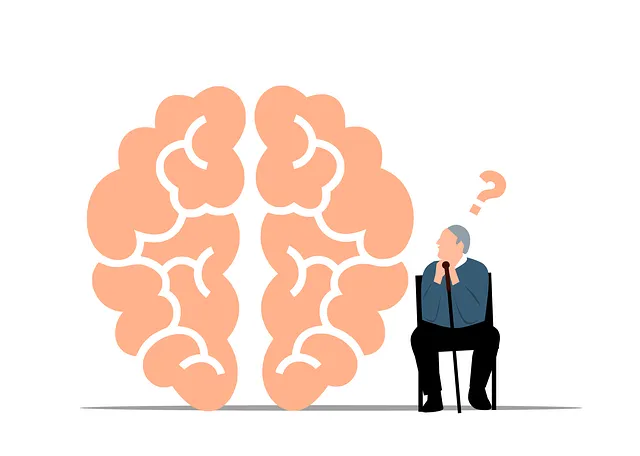The Kaiser Permanente behavioral health center in Westminster prioritizes accurate mental health diagnoses through advanced assessment tools, evidence-based practices, and Mind Over Matter principles. Regular staff training on the latest research and self-care enhances diagnosis accuracy and patient outcomes. They overcome challenges like subtle symptom differences, stigma, and misdiagnosis by employing innovative practices such as Social Skills Training and Mind Over Matter therapy. Integrated technology, cultural sensitivity training, and patient-centered care models further revolutionize diagnosis accuracy and empower patients with tools for long-term well-being.
Mental illness diagnosis accuracy is a critical aspect of patient care, and efforts to improve it are ongoing. This article explores strategies employed by the Kaiser Permanente Behavioral Health Center in Westminster to enhance diagnostic precision. We delve into the challenges faced in accurately identifying mental health conditions, highlighting innovative solutions. Technology integration and comprehensive training are key elements in this process. Additionally, we emphasize patient-centered care as a powerful tool for refining diagnoses at the Kaiser Permanente center and beyond.
- Understanding Mental Illness Diagnoses at Kaiser Permanente Behavioral Health Center Westminster
- Challenges in Accurately Diagnosing Mental Illness
- Innovative Approaches to Enhance Diagnostic Accuracy
- The Role of Technology and Training in Improving Diagnosis
- Patient-Centered Care: A Key Strategy for Diagnosis Refinement
Understanding Mental Illness Diagnoses at Kaiser Permanente Behavioral Health Center Westminster

At Kaiser Permanente Behavioral Health Center Westminster, understanding mental illness diagnoses is a cornerstone of their comprehensive care approach. The center leverages advanced assessment tools and evidence-based practices to ensure accurate and timely diagnoses for patients. By integrating Mind Over Matter principles into treatment plans, they focus on holistic healing, addressing not just symptoms but also the underlying causes that contribute to mental wellness.
This nuanced understanding is further enhanced through regular staff training on the latest research in mental health and the implementation of self-care practices within their own work environment. Such initiatives reflect a deep commitment to improving diagnosis accuracy and ultimately enhancing patient outcomes. By fostering a culture of continuous learning and self-awareness, Kaiser Permanente Behavioral Health Center Westminster strives to be at the forefront of delivering quality care tailored to each individual’s unique mental health journey.
Challenges in Accurately Diagnosing Mental Illness

Mental illness diagnosis can be a complex and challenging process, often plagued by misperceptions and misunderstandings. The intricate nature of human behavior and emotions makes it difficult to pinpoint precise causes and symptoms, especially when dealing with a wide spectrum of disorders. At the Kaiser Permanente behavioral health center Westminster, professionals face the task of navigating these complexities, where subtle nuances and individual differences can significantly impact diagnosis accuracy.
One significant challenge lies in differentiating between normal emotional responses and those indicative of underlying conditions. Many mental health disorders share similar symptoms, leading to potential misdiagnoses or delayed treatment. Additionally, stigma surrounding mental illness often prevents individuals from openly discussing their struggles, hindering accurate assessments. To overcome these hurdles, healthcare providers at the center emphasize evidence-based practices, ongoing training in advanced diagnostic techniques, and patient-centered communication strategies that encourage open dialogue. This holistic approach includes promoting positive thinking and confidence-boosting initiatives to create a supportive environment for accurate mental health evaluations.
Innovative Approaches to Enhance Diagnostic Accuracy

At the Kaiser Permanente behavioral health center Westminster, innovative approaches are being implemented to enhance mental illness diagnosis accuracy. One such method is the integration of Social Skills Training, which focuses on improving communication and interaction between patients and healthcare providers. By fostering better understanding and rapport, this training facilitates more nuanced assessments, leading to precise diagnoses.
Additionally, the center promotes the application of Mind Over Matter Principles in therapy sessions. These principles encourage patients to develop coping mechanisms that challenge negative thoughts and behaviors, thereby aiding in early identification of symptoms. This proactive approach not only enhances diagnostic accuracy but also empowers individuals to take a more active role in their mental health management, preventing the escalation of conditions like depression.
The Role of Technology and Training in Improving Diagnosis

The integration of technology into mental health care has significantly contributed to enhancing diagnosis accuracy at Kaiser Permanente behavioral health centers, such as Westminster. Digital tools enable healthcare providers to access comprehensive patient records, past assessments, and evidence-based treatment protocols promptly, facilitating more informed decision-making. Additionally, telemedicine options expand accessibility, allowing for remote consultations and evaluations, especially beneficial for underserved communities.
Beyond technological advancements, training programs play a pivotal role in improving diagnosis accuracy. The Healthcare Provider Cultural Competency Training equips professionals with the skills to navigate diverse patient backgrounds, ensuring culturally sensitive approaches. Addressing burnout prevention through Mind Over Matter Principles fosters resilience among healthcare providers, leading to improved focus and heightened observation during diagnostic processes. These comprehensive efforts collectively contribute to more precise mental illness diagnoses and effective treatment planning.
Patient-Centered Care: A Key Strategy for Diagnosis Refinement

At the Kaiser Permanente behavioral health center Westminster, a patient-centered approach to care has emerged as a powerful strategy for refining mental illness diagnoses and enhancing treatment outcomes. This means that every individual’s unique experiences, perspectives, and needs are at the forefront of the diagnostic process. By prioritizing open communication and active listening, healthcare professionals create an environment where patients feel heard, understood, and empowered. Such an approach not only improves diagnosis accuracy but also fosters trust and collaboration, leading to more effective treatment planning.
This patient-centered care model emphasizes the importance of emotional healing processes and resilience building. It recognizes that understanding a patient’s emotional landscape and past experiences is crucial for accurate assessment. Moreover, by integrating strategies for depression prevention, the center aims to address mental health holistically, ensuring that patients develop the tools needed to manage their well-being over time. This comprehensive approach reflects a commitment to not just diagnose but also to support and transform lives.
Mental illness diagnosis accuracy is a multifaceted challenge, as evidenced by the diverse approaches discussed at the Kaiser Permanente Behavioral Health Center in Westminster. By addressing challenges through innovative strategies, leveraging technology, and adopting patient-centered care, the center demonstrates that improvements are achievable. These efforts not only enhance diagnostic precision but also contribute to more effective treatment planning and better outcomes for patients. As the field continues to evolve, such initiatives will play a crucial role in ensuring accurate and timely mental illness diagnoses across healthcare settings.






